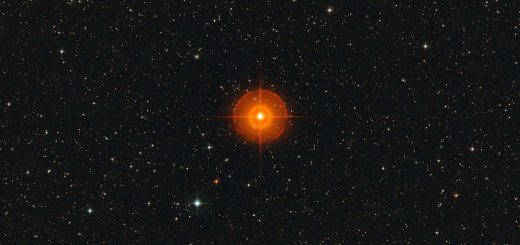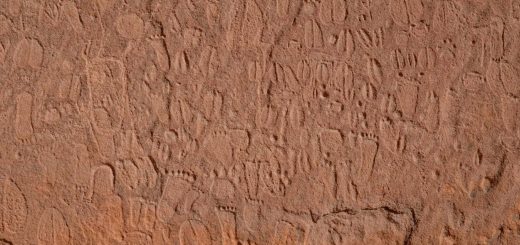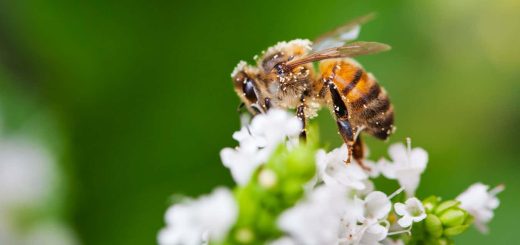We may be able to share quantum entanglement nearly infinitely
A pair of quantum experimenters that share two entangled particles may be able to pass some of that entanglement to other pairs – and keep sharing it again and again
By Karmela Padavic-Callaghan
28 July 2025
Quantum entanglement can be treated as a shareable resource
Peter Jurik/Alamy
Quantum entanglement, an inextricable link between particles, is an important resource for quantum computing and communication – and in some cases, it may also be a resource that can be shared nearly indefinitely.
Read more
How quantum entanglement really works and why we accept its weirdness
Many quantum calculations – such as transferring very securely encrypted quantum information or running calculations on quantum computers – require the entanglement of some number of particles. While there are standard ways for doing this, Ujjwal Sen and his colleagues at the Harish-Chandra Research Institute in India wondered whether entanglement, instead of being produced from scratch, could be shared.
“We thought of a scenario where someone, like money or sweets, has a lot of it and is willing to share it with children or subordinates or just some others,” he says.
To address this scenario, he and his team developed a mathematical model where two hypothetical experimenters, called Alice and Bob, share entanglement. For example, each experimenter might have a particle, and those two particles would be entangled. The researchers then considered another pair – Charu and Debu – who urgently need entanglement, but can’t produce the property by themselves.
Their calculations showed that, if Charu has a particle that interacts with Alice’s particle and the same is true for Debu and Bob, then the first pair can pass on some of their entanglement to the second. Kornikar Sen, who is also at the Harish-Chandra Research Institute, but isn’t related to Ujjwal Sen, says that the situation is similar to Charu and Debu not being able to interact with each other, but both being able to tap in to the same “entanglement bank”.


